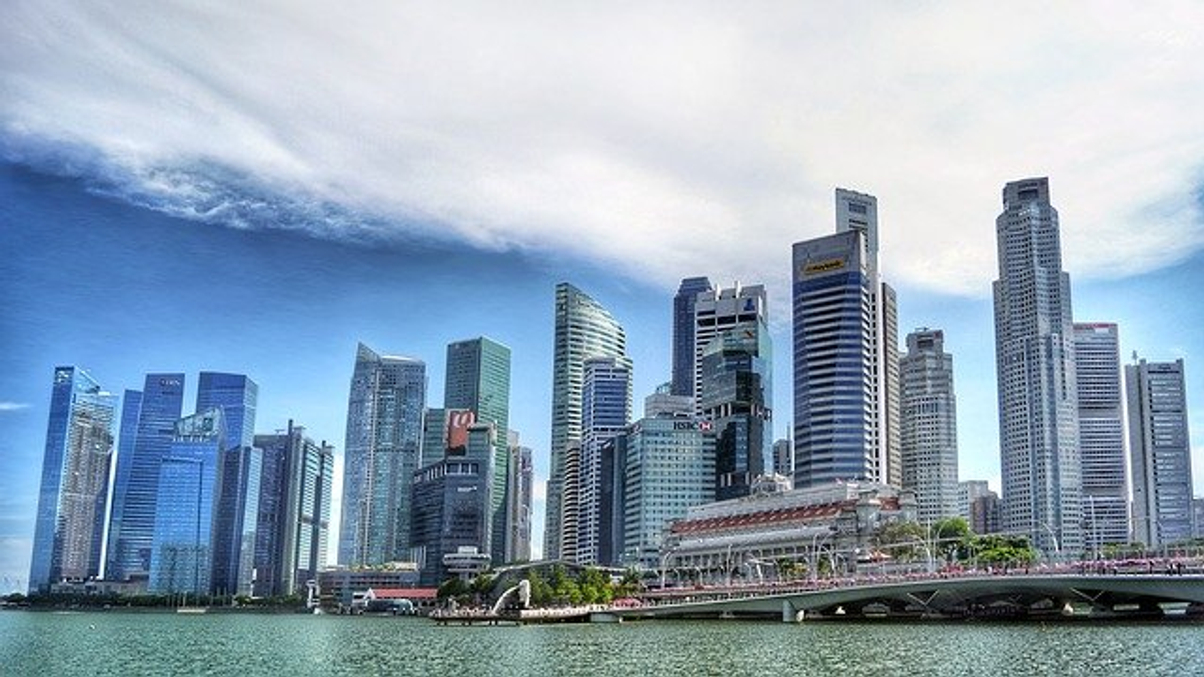Political tensions, Covid-19 hasten wealth flow to Singapore
Wealthy families are setting up secondary offices in Singapore to diversify their exposure to risks, particularly in Hong Kong, and to avoid areas being badly affected by the pandemic.

Regional political turmoil and health and economic concerns caused by the Covid-19 pandemic have prompted more wealthy families in Asia to set up primary or satellite family offices in Singapore.
Sign in to read on!
Registered users get 2 free articles in 30 days.
Subscribers have full unlimited access to AsianInvestor
Not signed up? New users get 2 free articles per month, plus a 7-day unlimited free trial.
¬ Haymarket Media Limited. All rights reserved.


